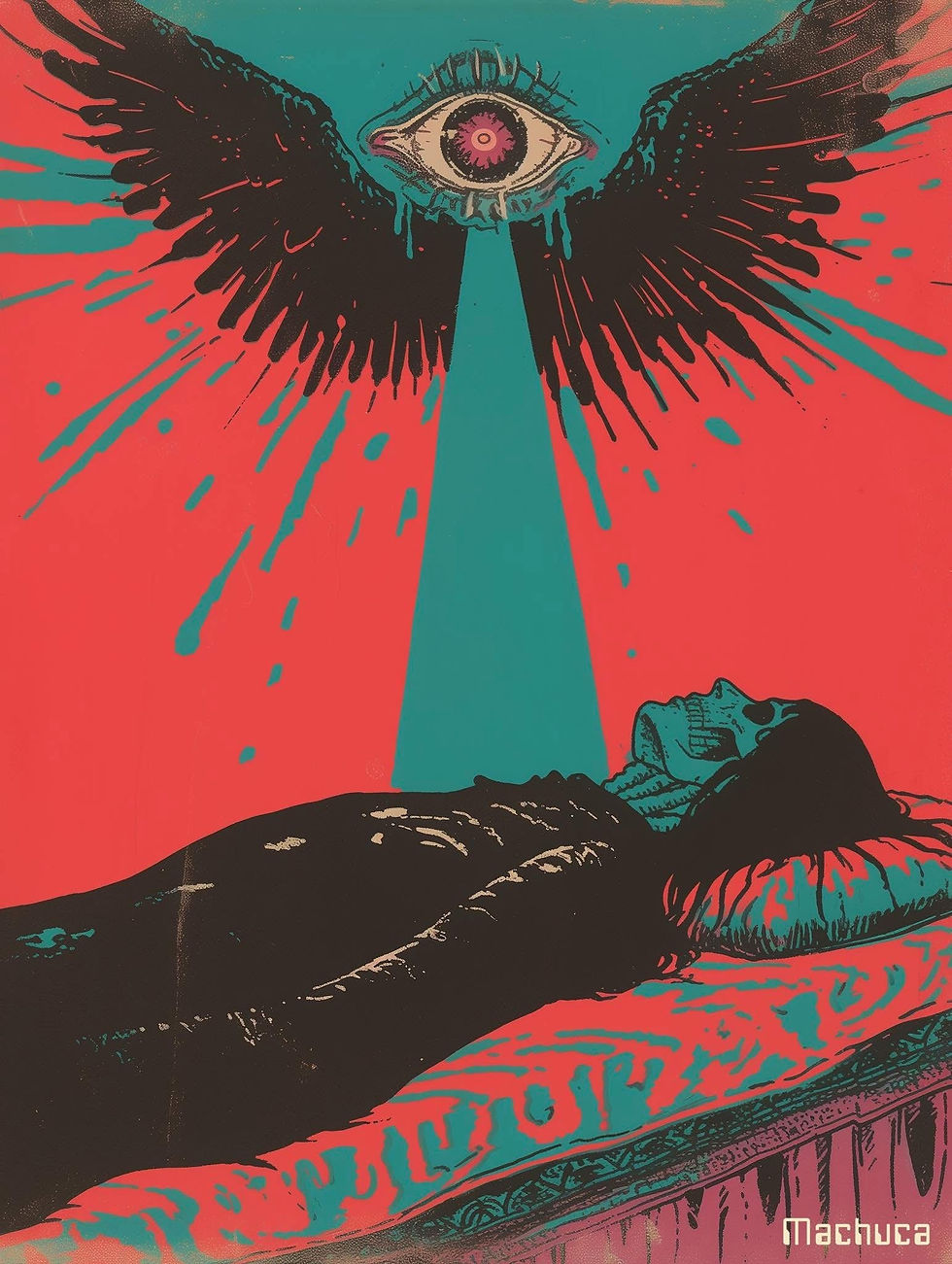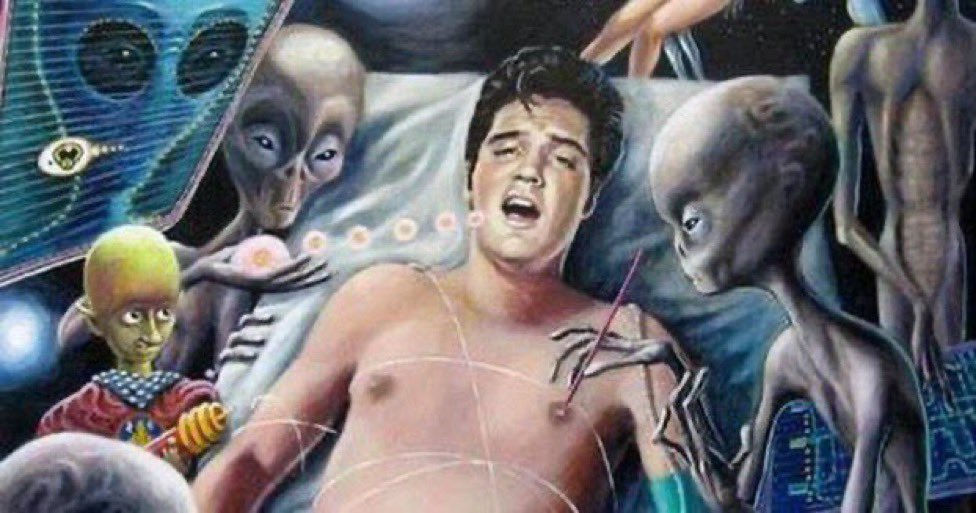Riffin' On Yoking the I through the Thick, Yellow Gist of "All"
- Doug Leamy
- May 17
- 4 min read
Updated: May 29
“Take my yoke upon you and learn from me, for I am gentle and humble in heart, and you will find rest for your souls. For my yoke is easy and my burden is light.” Matthew 11: 29-30
Blasphemies, or widely held public misconceptions regarding them aside, (what is sin in the 21st century, really? What does it look like in a progressive and incredibly civilized world…but general misconceptions regarding what is proper…what central authority can there be but a mask of God? Where do humans supposedly enter the picture in said center other than by way of either misconception from the outside or act an idolatry by people with pure intentions?) identity is a form of determinism which equates us meaningfully with God (both the identity choices as well as the determinisms we face). After all, when you get into form as a topic and it’s relation to Infinity…even though we regard God, by definition, as beyond categorization/conception, the crux of what the traditions have to offer in regards to pertinent wisdom is that form is mysteriously a capable vessel for the Infinite…which means that matter is the holy grail…that it is the whole breadth of the unknowable as the knowable. Every living creature is the entire cosmos localized, and they are, at their deepest level, bound to achieve the omnipotence and omniscience we reserve for the definition of God in religious matters…and that this is what “salvation” is mechanically, on this side of eternity (in mortal life).
It’s why we were born. It’s to know God, in an intimate way. Today’s passage touches upon such intimacy, suggesting that the ideal forum for spiritual devotion/pathwork may be internal…that it’s experienced as an internal, meditative process in which we commune with God/come to see the bodily processes all humans generally just have, an internal discourse and the various conventions of the neurological system, how they inspire or manipulate behavior… as merely experiences of the Almighty. To experience any stimuli at all is merely to experience God, to have a dialogue with Him…particularly, those within the vicinity of an active process of “yolking” one’s self in the light of Christ. What would this entail?
Equating volition/all whims with God and God alone (yet still checking them against our value systems). Which means, to do this, one has to refute the existence of an eternal separation from God, or the existence of a devil who’s anything other than a herald angel following commands given by God. In fact, you can’t actually interpret the passage in which Lucifer tempts Christ in the desert correctly without looking at it through such a lens; it’s a herald angel arriving with the worst of news, the inevitable persecution of Christ at the hands of the Romans…his death and resurrection. Lucifer tempts Christ in this passage, and the temptation is one every human experiences, and it’s rarely, very rarely, one that succeeds in this day and age in a meaningful way; it’s the temptation to not accept one’s mortality…as it truly is…along personal terms rather than some gameable, general sense that is vague and leaves it actionable to the agent who wants to will…the universe do something differently. It’s a compassionate psychological mosey in some respects… and Lucifer’s in the New Testament secretly reveals how great Christ really is, permitting he chooses to do what is right.
In fact, it establishes a template for effective surrender to universal will. To do as much is to do the most commendable of social actions…the potency of its consequences could not be rivaled. Even if Jesus…used his God powers somehow (I don’t think as much was ever a possibility, and the passage is meant to elucidate this to the keen reader) to not die, and also made the world a better place in doing so along the lines of what everyone agrees would be a moral improvement, a step in a holier direction…such a move would be tragically inept relative to what historically plays out (God’s plan). Such is true at all moments of all transpirings, at some level…but clearly, to consciously surrender your entire being with an action… is as much as one can do, and arguably can’t comprehensively be done until we outright willingly lay down and die. As individuals.
Short of extreme and meaningful, devotional rituals.
Life is not about suffering. Suffering is developmental…the capacity for it arises from human ignorance. Eventually the root causes get addressed, and the sheer potential for it essentially disappears, whether quietly or in a stark fashion. The burdens we carry as men, young men and women on the come up in society…should be comprehensive. The normative patterns of life is that we take them up comprehensively…and then not create any more. That we then tend to life and stay on top of it from there. The potential burdens out there should be…light. It should be kind of fun to deal with them, and a lot of them, socially, are fun to address. Everyone wants to give platitudes to teenagers.
We are one with God. To “yoke” him, to “take his yoke” is to “learn from him” by way of learning from stuff that takes place in the deepest layers of your subjective experience. Its to learn from any and EVERY thing. Doing as such will bring out your “gentle” side, seeing you “humble of heart”. You will “find rest” for your “soul” by way of baggage; an additional burden that is taken on in the yoking process, probably at the point in which we turn outward and ask how we can be of service in the world. This is how “light” enters our life, as something that is always “a burden”, an additional and intentional extra action, but, ultimately, is anything but burdensome. This erosion of opposites promotes bliss and whittles away suffering/death. Soon, all of life becomes love and play.

“What is it now?!”






Comments